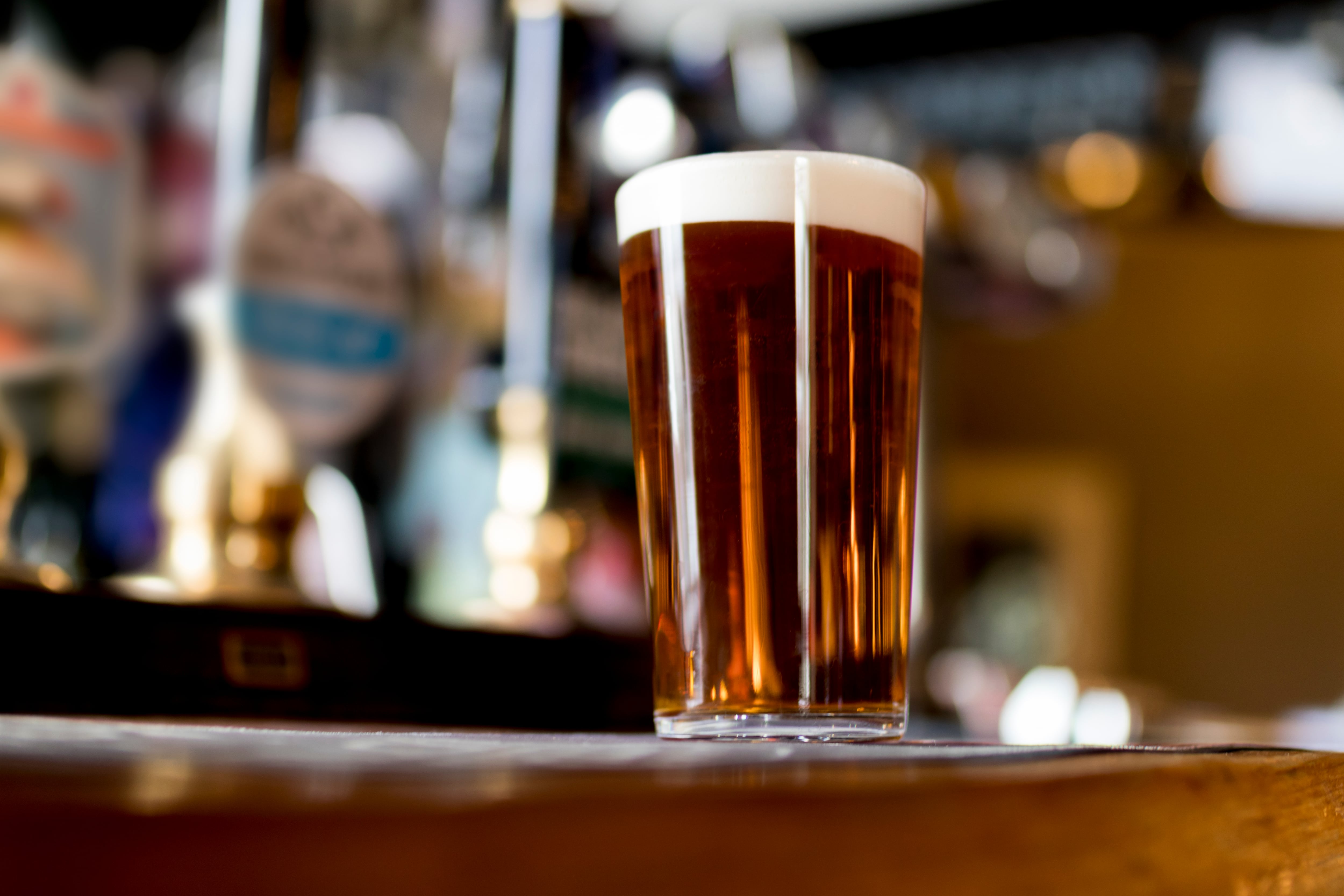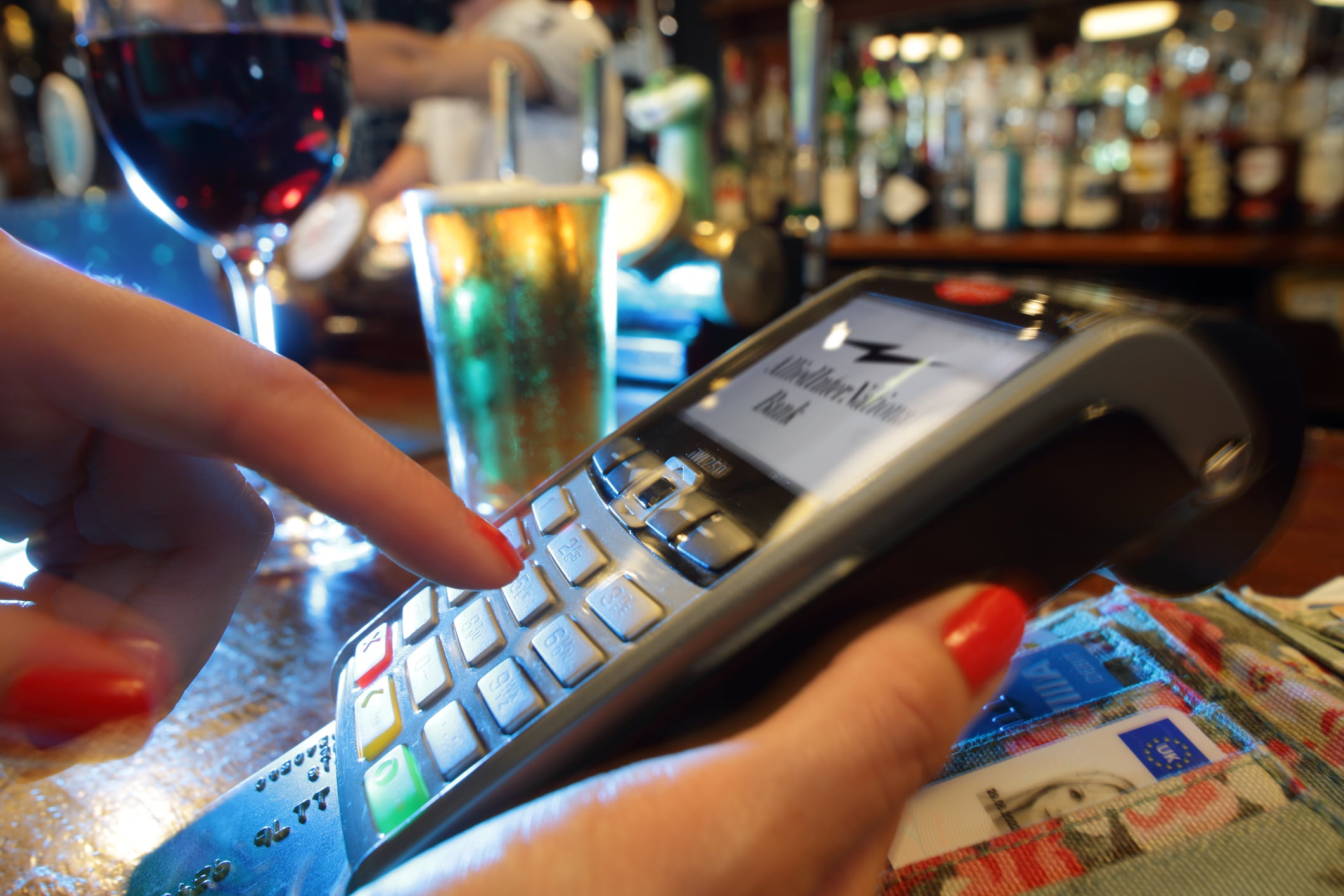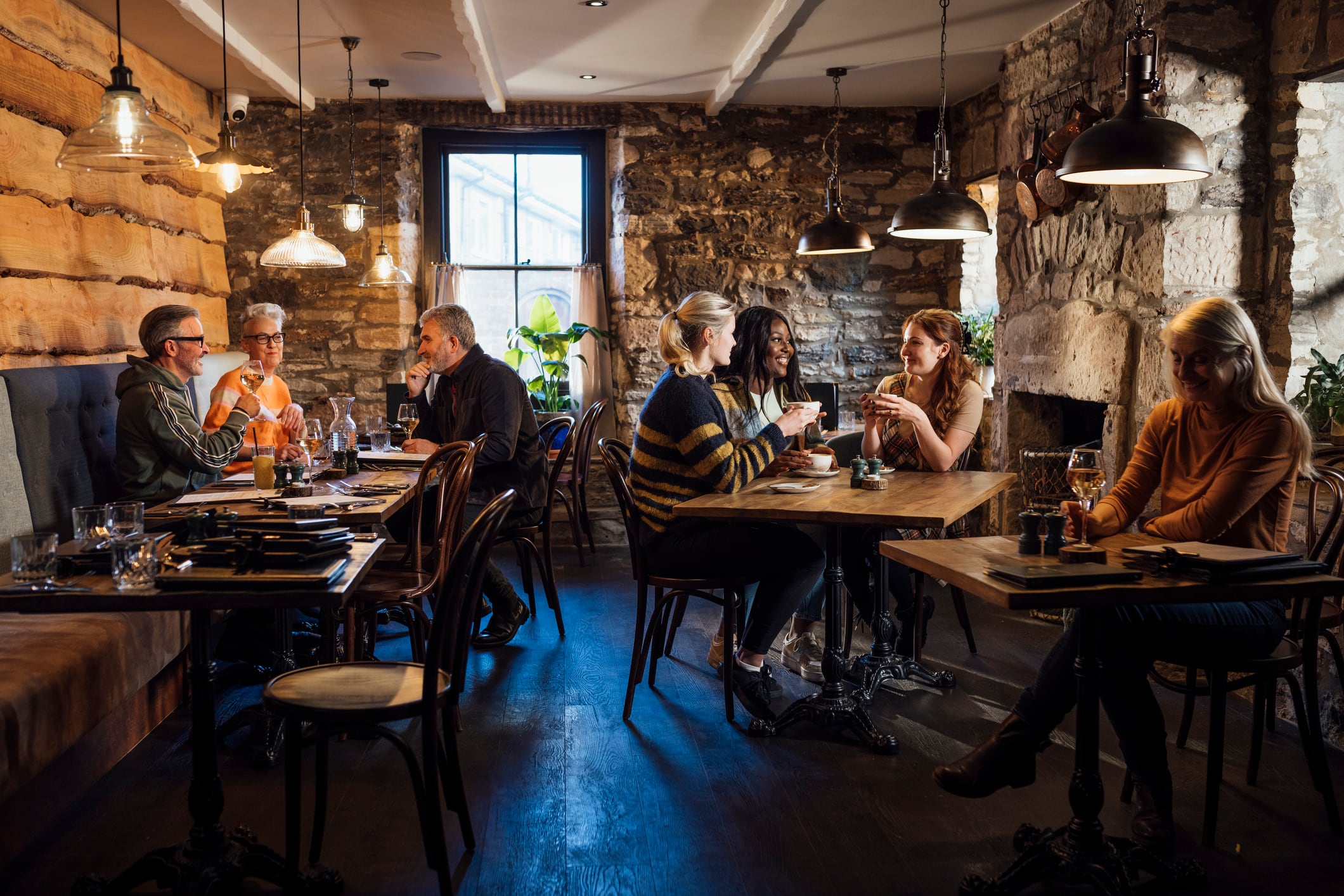Overall hospitality and leisure spending rose just 0.4% year-on-year, with restaurant, café and bakery transactions up 0.8% and takeaways down 0.6%. The figures suggest that even smaller, “affordable treat” purchases are being reconsidered as households prioritise essentials.
Total consumer card spending declined 0.7% compared with September 2024, while essential spending dropped 2.6%. Barclays said nearly half of UK adults are adjusting their finances ahead of the Budget, and a third of those are building up savings buffers.
Despite weaker sales, confidence in personal finances remained resilient: 78% of consumers said they feel able to live within their means, the highest level in four years, while 74% were confident about household finances. Confidence in the wider UK economy, however, dipped to 25%.
Strike action
Public transport spending fell 2.6%, its sharpest decline since 2021, due to widespread strike action that reduced commuting and weekday eating-out occasions.
In early September, London Underground employees put down tools as scheduled strikes took place across the capital (7-12 September). UKHospitality estimated that the industrial action cost London’s hospitality and tourism businesses £110m. Figures from the trade body approximated rail strikes had cost hospitality businesses £4bn since they began three years ago.
As a result of the strikes, Londoners reported saving the most on office lunches, eating out and non-food retail.
Barclays’ head of retail Karen Johnson said: “It is encouraging to see that UK consumers feel confident in their ability to manage their budgets, amid ongoing cost of living concerns. We’re continuing to see cautious spending, and shoppers are consistently seeking out areas they can cut back on. However, multiple retail categories have proven to be resilient in recent months, with furniture, clothing, and beauty all remaining in growth since February of this year.”
Barclays Private Bank and Wealth Management chief market strategist, Julien Lafargue, added: “Although spending habits keep evolving, the UK consumer remains resilient in the face of an uncertain macroeconomic backdrop. With wage growth continuing to outpace inflation, there is room for spending to accelerate again when visibility improves.”




